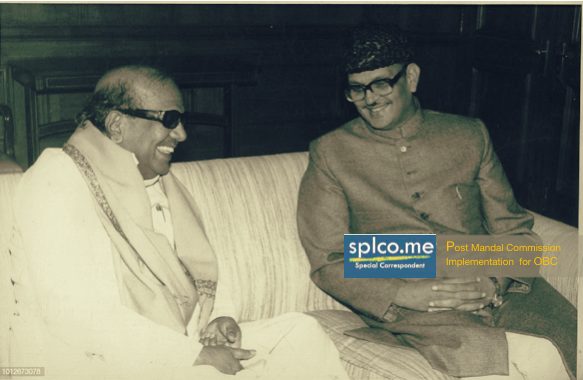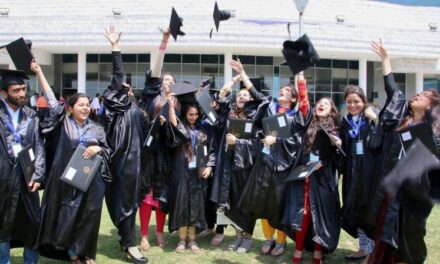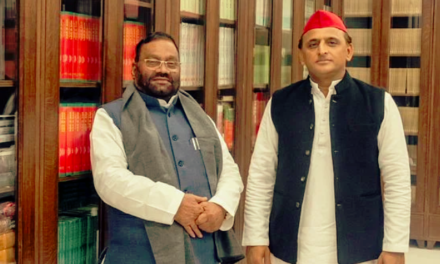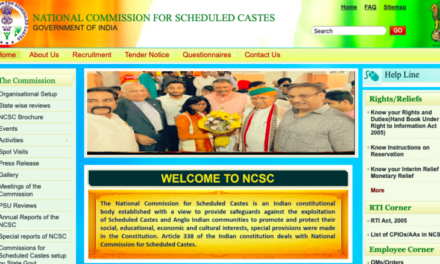Not only DMK opposed and voted against the Constitution Amendment Bill in Parliament, but decided to take the battle in judiciary DMK on Friday moved the Madras High Court challenging the Centre’s move to grant 10% reservation for economically weaker sections (EWS) of upper caste society.
The petition filed by DMK’s organising secretary and Rajya Sabha MP R S Bharathi is likely to be taken up on January 21.
The matter was mentioned before a Division Bench of Justices S Manikumar and Subramonium Prasad on Friday by senior counsel P Wilson, who had represented the DMK in several court cases including the case that ensured M Karunanidhi was buried near the resting place of his mentor C N Annadurai after his death in August last year.
The DMK was one of the very few parties which voted against the Constitution Amendment Bill that paves way for 10% for EWS in employment and education for Upper caste in the Rajya Sabha last week.
Though the AIADMK spoke against the Bill, instead of coming against the bill its members staged a walk-out during voting.
DMK is the party, which was part of the National Front government under V P Singh that introduced quota for OBCs in jobs and education, but has been opposed to reservation to Upper castes based on economic status.
The DMK wants the quota based on OBC and SC, ST caste to prevail as it feels it is the only way to ensure social justice in the country.
The judges agreed to hear the case after the High Court Registry lists the matter before them for admission.
Echoing DMK Policy In his petition, Bharathi said a reservation is not a poverty alleviation programme but is more in the nature of social justice to uplift communities that have not had access to education or employment for centuries.
“Therefore, essentially, the exception to the equality clause is only available to those communities which were ostracised for centuries in matters of education and employment. Economic criteria have been, however, used as a filter to exclude the creamy layer, persons belong to the backward classes but who are economically advanced,” he said in the petition.
It was well-settled that the ceiling limit of 50% in reservation is also part of the basic structure, which has been upheld by the Supreme Court, Bharathi said, and brought to attention of the court that the ceiling limit is 69% in Tamil Nadu due to reservation for Backward Classes, Scheduled Castes and Scheduled Tribes which is placed in the IX Schedule.
“Hence, a reservation cannot be beyond 69% in the state. However, the recent amendments enable reservation to go up to 79% and the same is unconstitutional,” he said.
Bharathi also wanted the court to pass an interim injunction against the operation of the Constitution (One Hundred And Third Amendment) Act, 2019 pending disposal of the plea.









